The world of exotic bird ownership can be as colorful and diverse as the plumage these magnificent creatures display. For many animal lovers, the allure of sharing their home with a vibrant macaw, a chatty African grey, or an energetic cockatoo seems irresistible. However, the reality of exotic bird ownership often extends far beyond the picturesque moments of a parrot perched peacefully on your shoulder. Before embarking on this potentially decades-long commitment, beginners must understand the extensive responsibilities, challenges, and rewards that come with keeping exotic birds as companions. This comprehensive guide explores whether these fascinating avian species make suitable pets for those new to bird ownership, examining everything from their complex care requirements to the legal and ethical considerations involved.
What Qualifies as an “Exotic” Bird?
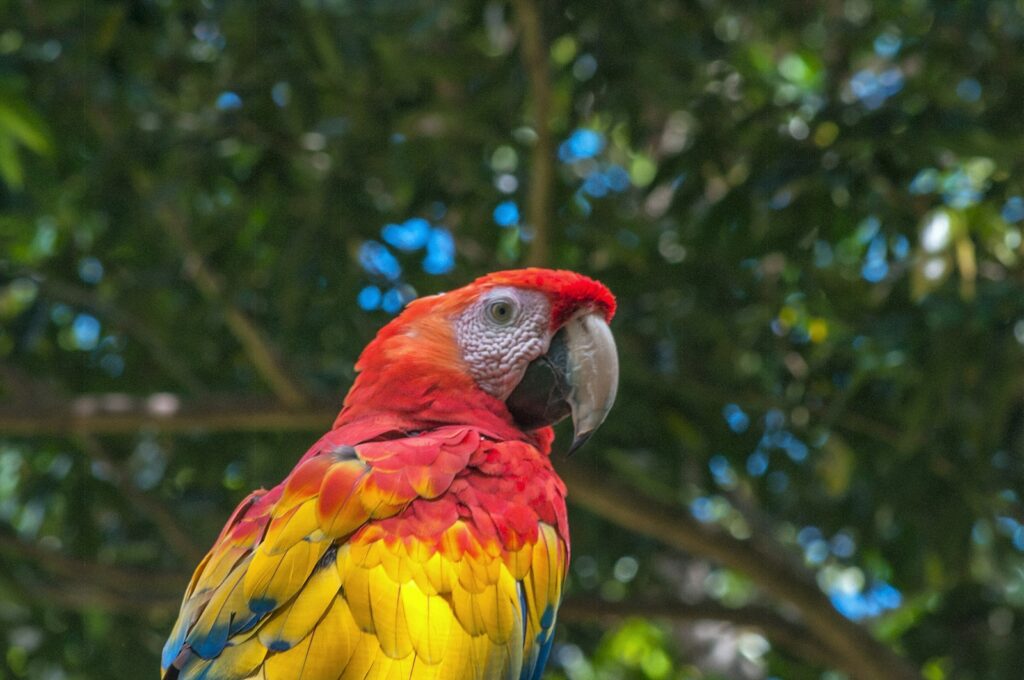
Exotic birds typically refer to non-native species kept as pets, including parrots, macaws, cockatoos, and other psittacines (members of the parrot family). Unlike domesticated birds such as canaries or budgerigars that have been bred in captivity for centuries, many exotic species retain much of their wild instincts and behaviors. These birds often originate from tropical and subtropical regions around the world, from the rainforests of South America to the bushlands of Australia. Their classification as “exotic” generally indicates they aren’t naturally occurring in the region where they’re kept as pets, and many species are protected by international regulations due to their conservation status. Understanding this distinction is crucial because exotic birds haven’t undergone the same level of domestication as other common household pets, meaning they retain many of their wild needs and behaviors even in captivity.
The Lifespan Commitment
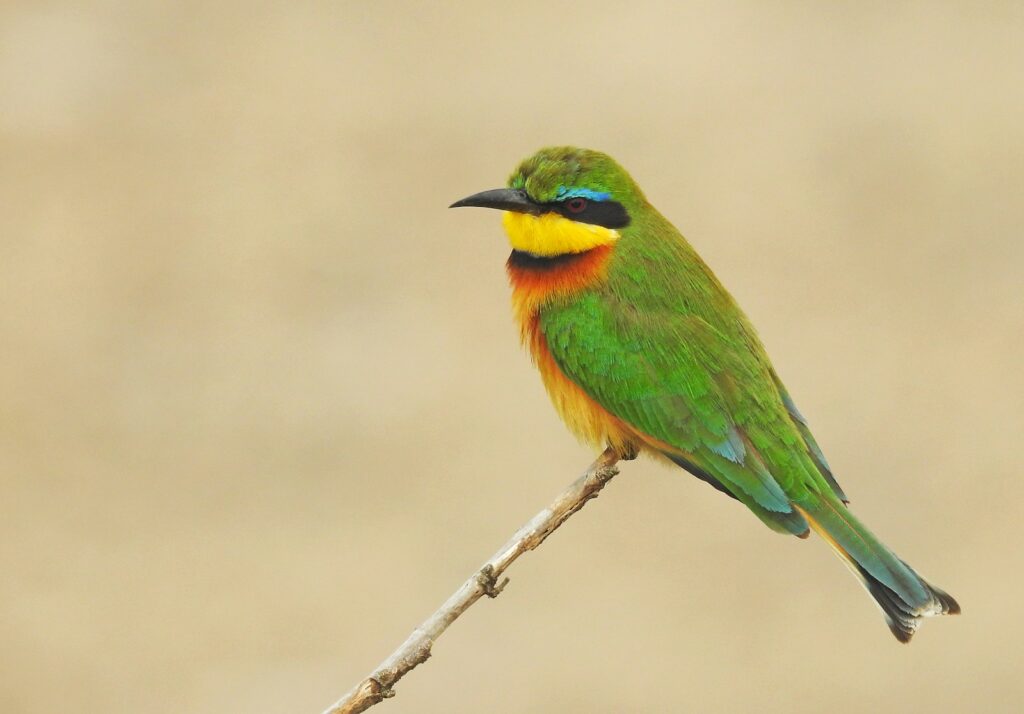
One of the most significant considerations for potential exotic bird owners is the extraordinary lifespan many species enjoy. Large parrots like macaws and cockatoos regularly live 50-70 years, with some individuals surpassing 80 years in captivity. Medium-sized parrots such as African greys and Amazons typically live 40-60 years, while smaller species like conures and lovebirds may live 20-30 years with proper care. This commitment extends beyond most other pet relationships and often means birds will outlive their original owners, requiring estate planning and arrangements for their continued care. For beginners, this longevity presents a significant challenge – the decision to bring home an exotic bird isn’t just a commitment for the next few years but potentially for the rest of one’s life. Many experienced aviculturists caution that this extended lifespan is one of the primary reasons exotic birds frequently face rehoming situations, as owners may not fully comprehend the decades-long responsibility they’re undertaking.
Space Requirements and Housing Considerations
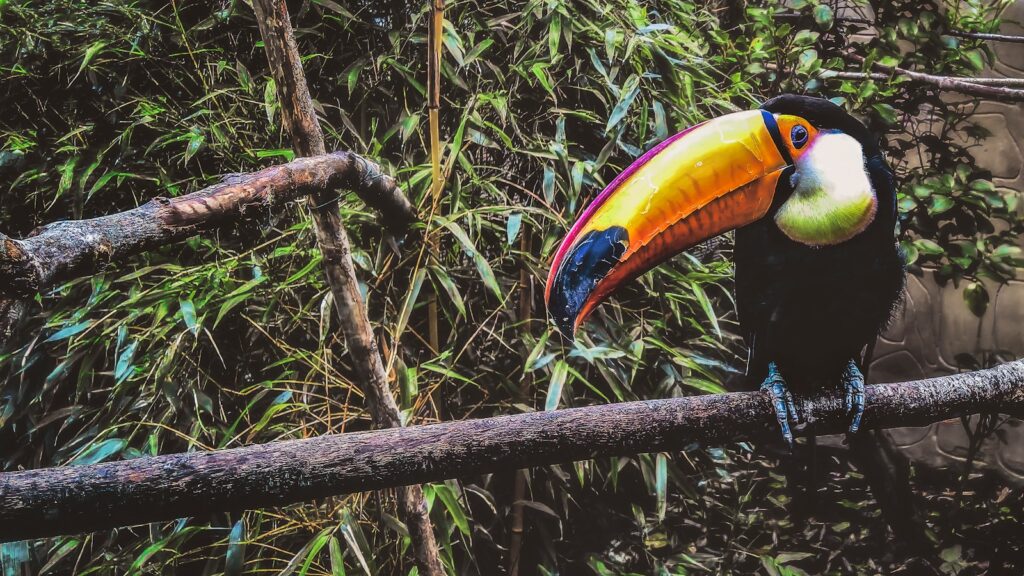
Exotic birds require considerably more space than many beginners anticipate, with cage size representing just the minimum housing requirement. Large species like macaws and cockatoos need cages measuring at least 36″ x 24″ x 48″, though larger is always better, with bar spacing wide enough to prevent head entrapment but narrow enough to prevent escape. Beyond the cage, birds need safe areas for out-of-cage exercise, with many experts recommending 2-4 hours of supervised freedom daily. The home environment must be bird-proofed to remove hazards like toxic houseplants, non-stick cookware fumes, scented candles, and potential escape routes. Additionally, cages should be positioned away from drafts, direct sunlight, and kitchen areas where cooking fumes could prove fatal to birds’ sensitive respiratory systems. This spatial commitment often means reorganizing living spaces and dedicating significant portions of the home to accommodate the bird’s needs, something many beginners underestimate until faced with the reality of proper exotic bird housing.
Financial Investment Beyond the Purchase Price
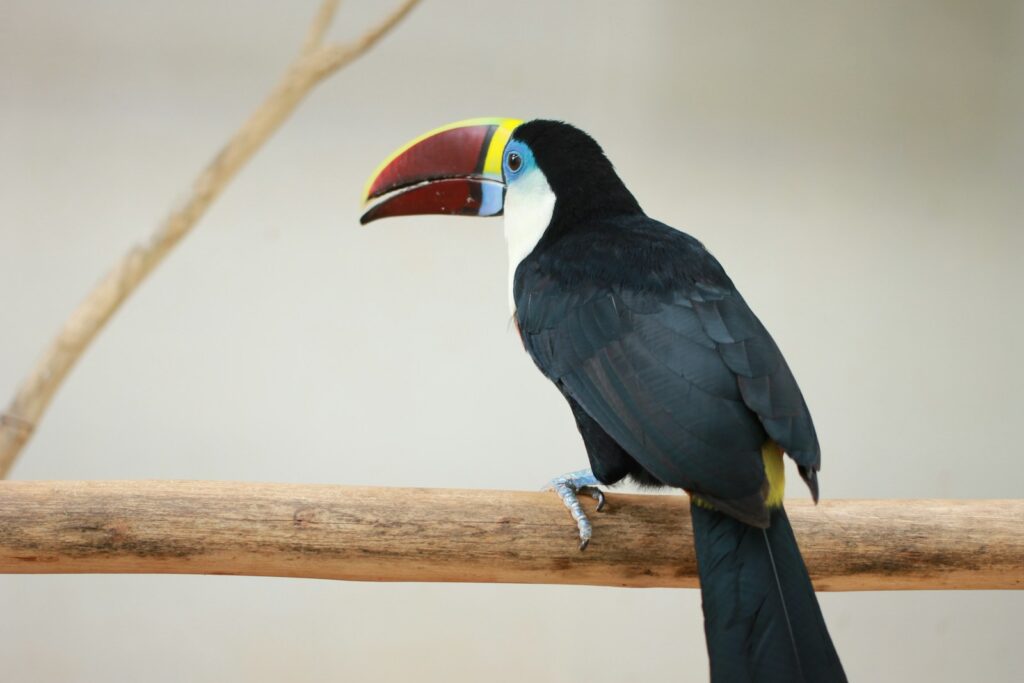
The financial reality of exotic bird ownership extends far beyond the initial purchase price, which itself can range from several hundred to many thousands of dollars depending on the species. Proper housing represents a significant investment, with quality large parrot cages often costing $500-$1,500, alongside regular replacement of toys and perches that birds naturally destroy. Specialized avian veterinary care includes annual wellness exams ($100-$200) and potential emergency care, which can quickly escalate into thousands of dollars as exotic bird treatment requires specialized knowledge. Quality nutrition costs substantially more than for other pets, with premium pellets, fresh produce, and specialized supplements often running $50-$100 monthly for larger species. Other ongoing expenses include proper lighting systems, air purification (many birds are sensitive to poor air quality), and environmental enrichment items. When calculated across the bird’s potential lifespan, beginners should anticipate investing tens of thousands of dollars in their avian companion’s care – a financial commitment that deserves serious consideration before bringing an exotic bird home.
Nutritional Complexity and Dietary Needs
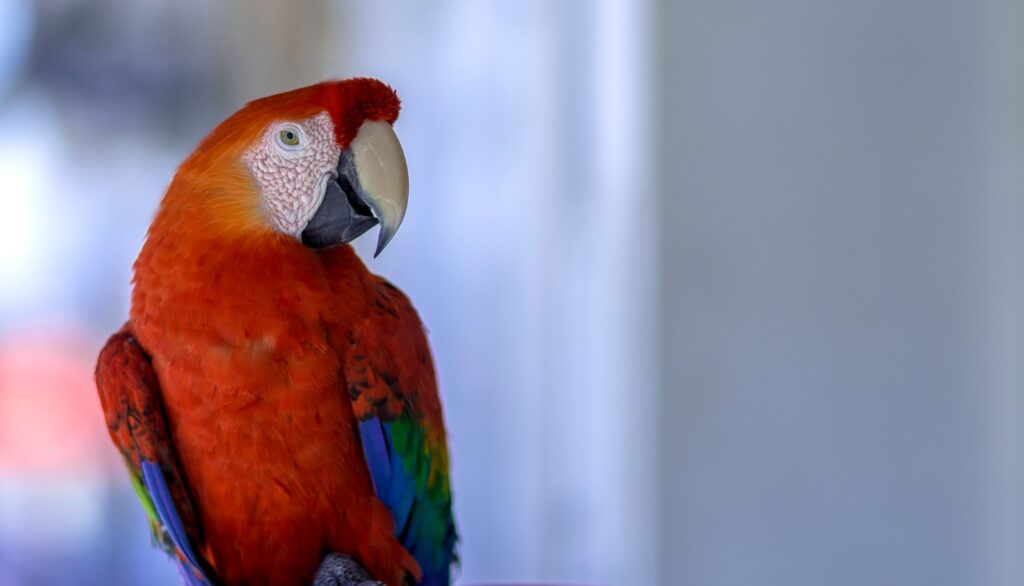
Exotic birds require nutritionally complex diets that go far beyond the seed mixtures many beginners mistakenly believe sufficient. Modern avian nutrition typically centers around high-quality formulated pellets (comprising 50-70% of the diet), supplemented with fresh vegetables, limited fruits, and occasional nuts or seeds as enrichment rather than dietary staples. Different species have specific nutritional requirements – for instance, hyacinth macaws need significantly more fat in their diet than other parrots, while lories require specialized nectar diets. Food preparation for exotic birds becomes a daily commitment, with owners needing to provide fresh options while being vigilant about avoiding toxic foods like avocado, chocolate, caffeine, and alcohol. Additionally, many birds require calcium supplementation, especially females during breeding cycles, and certain species need specific vitamin supplements to prevent deficiencies. This nutritional management requires education, dedication, and daily time commitment that many beginning bird owners find overwhelming compared to the relative simplicity of feeding dogs or cats.
Noise Levels and Neighbor Considerations
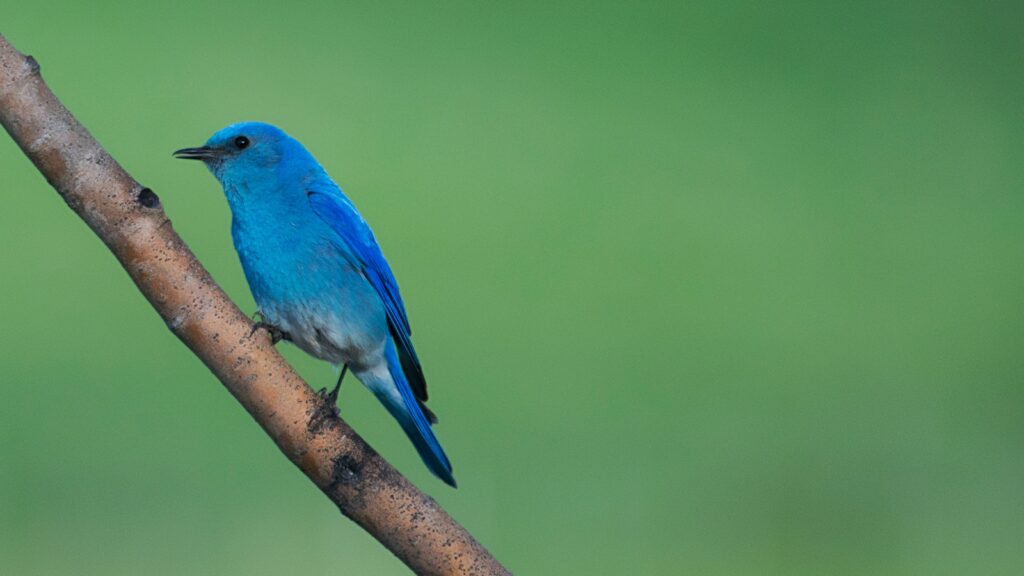
The vocal capabilities of exotic birds frequently surprise and overwhelm unprepared beginners, with many species capable of vocalizations exceeding 120 decibels – comparable to a rock concert or chainsaw. Large macaws and cockatoos are particularly notorious for their ear-piercing screams, which typically occur during dawn and dusk as part of their natural calling behavior. Even smaller species like conures can produce surprisingly loud vocalizations that easily penetrate walls and disturb neighbors in apartment settings. These natural behaviors cannot be eliminated through training, though they can sometimes be managed by addressing the bird’s needs for attention and enrichment. Potential owners living in shared housing situations, apartments, or dense neighborhoods should carefully consider the noise implications, as complaints from neighbors and noise ordinance violations are common reasons exotic birds are rehomed. Some species, like African greys or Pionus parrots, tend to be somewhat quieter but still vocalize regularly, making them potentially better choices for those with noise restrictions.
Time Investment for Socialization and Training
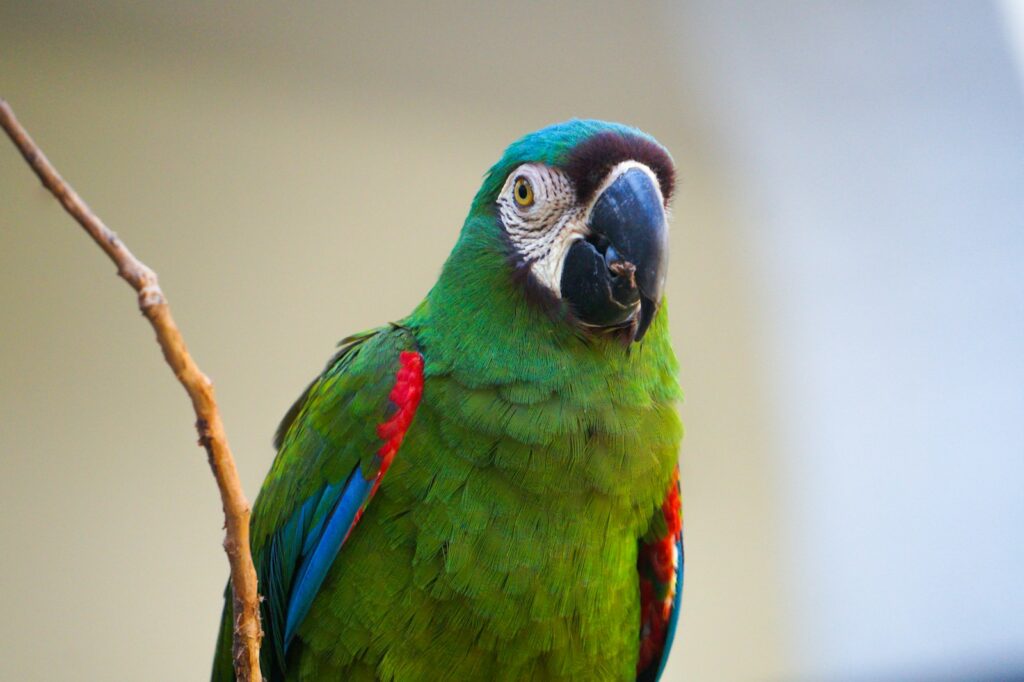
Exotic birds require extraordinary time investments for proper socialization and mental well-being, with most medium to large species needing several hours of direct interaction daily. Unlike more independent pets, parrots are highly social creatures that in wild settings would spend virtually all waking hours in flock interactions. Without adequate socialization, birds commonly develop behavioral problems including excessive screaming, feather destructive behaviors, and even self-mutilation. Training is not optional but essential for safety and management, requiring consistent daily sessions to teach step-up commands, recall training, and appropriate boundaries. Many beginners underestimate this time commitment, finding themselves unprepared for the bird’s intense need for consistent daily interaction and mental stimulation. For those with full-time jobs outside the home or frequent travel requirements, many avian behaviorists caution that larger exotic species may be fundamentally incompatible with such lifestyles, making careful lifestyle assessment crucial before acquisition.
Intelligence and Psychological Needs
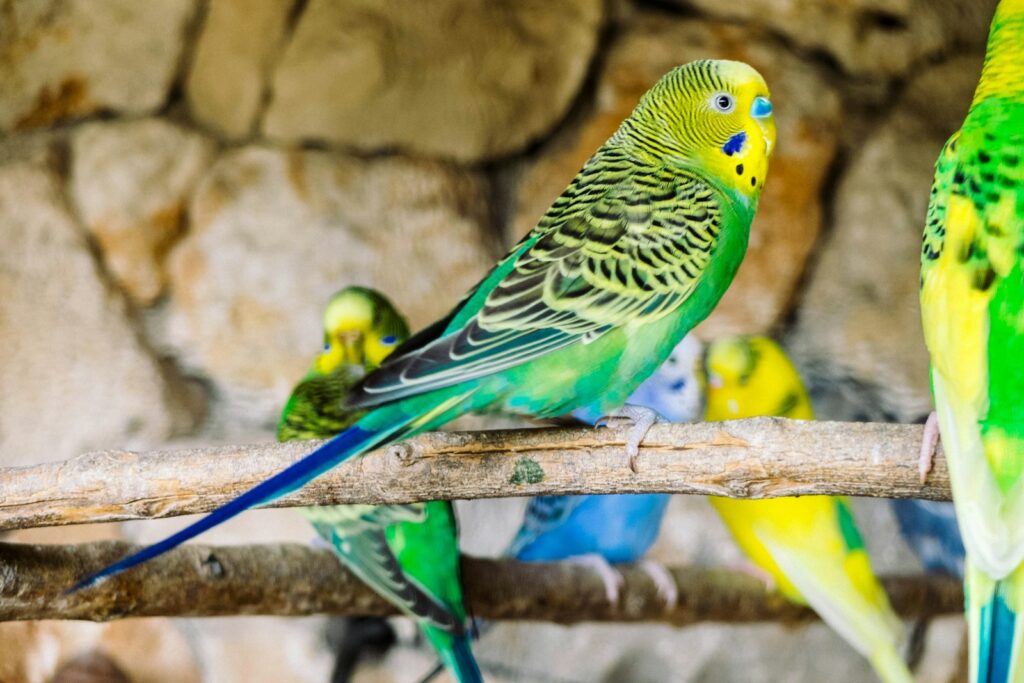
Exotic birds possess remarkable intelligence that rivals that of primates and young children, with African greys demonstrating cognitive abilities comparable to 5-year-old humans in some studies. This intelligence creates complex psychological needs that beginners often struggle to fulfill, as these birds require daily environmental enrichment through foraging opportunities, puzzle toys, and novel experiences. Without adequate mental stimulation, intelligent species quickly develop problematic behaviors stemming from boredom and frustration. Many exotic birds can also develop strong attachments to specific household members while becoming aggressive toward others, creating challenging family dynamics. Their emotional complexity means they can experience stress, grief, jealousy, and anxiety – requiring owners to be attuned to subtle behavioral changes indicating psychological distress. Providing for these sophisticated mental needs demands substantial knowledge, creativity, and dedication that exceeds the requirements of most conventional pets, making psychological care perhaps the most challenging aspect of exotic bird ownership for beginners.
Behavioral Challenges and Puberty Issues
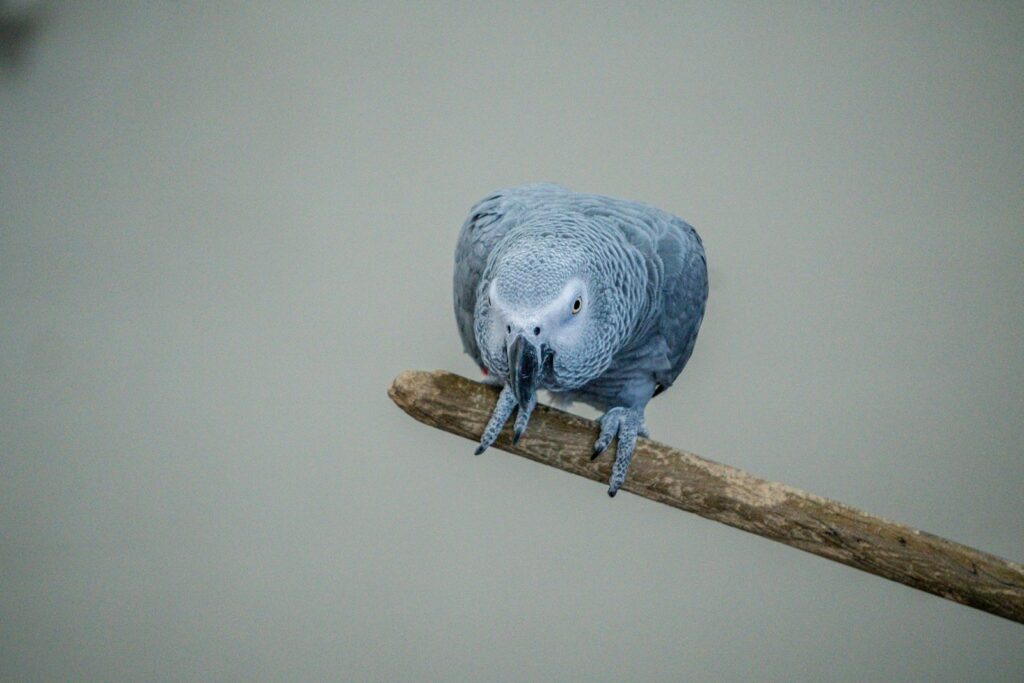
Many beginner bird owners are blindsided by the dramatic behavioral changes that occur when exotic birds reach sexual maturity, typically between 2-5 years of age depending on the species. Previously sweet, docile birds can become territorial, aggressive, and unpredictable as hormones influence their behavior. Biting becomes a common problem, with larger parrots capable of inflicting serious injuries including severe lacerations, crushed bones in fingers, and even facial injuries requiring medical attention. Hormonal birds also frequently become excessively vocal, engage in territorial defense of their cages, and may develop unhealthy attachments to certain family members while attacking others they perceive as rivals. These challenges often appear suddenly, leading unprepared owners to surrender birds they no longer feel safe handling. Managing these natural behaviors requires patience, consistent training techniques, environmental modifications to reduce hormonal triggers, and sometimes veterinary intervention – skills that most beginners have not yet developed when these challenging behaviors emerge.
Messiness and Home Maintenance
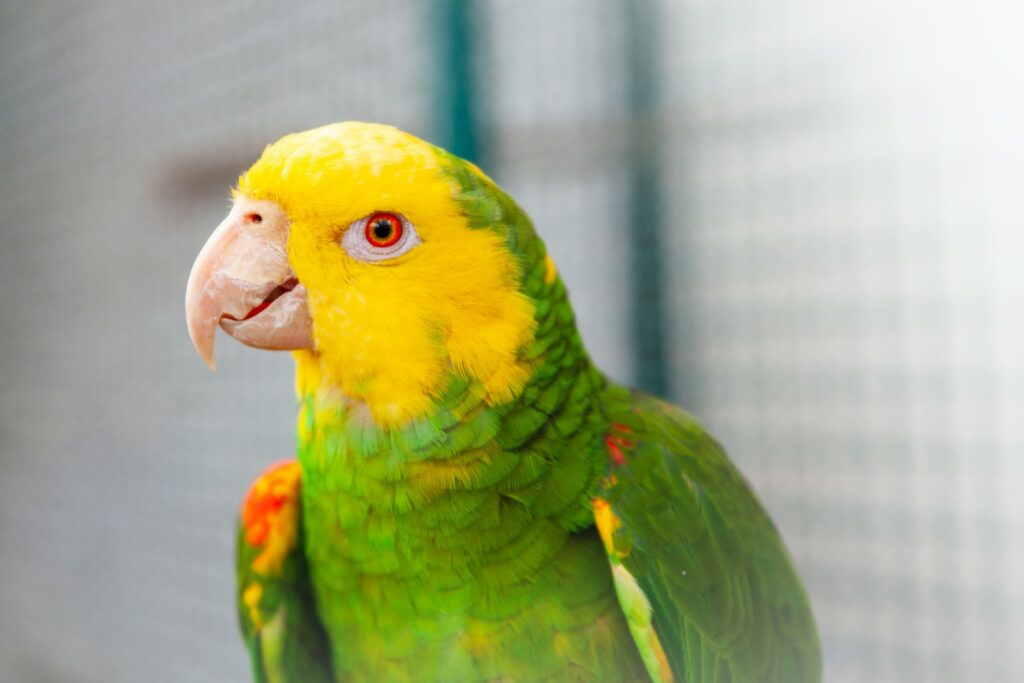
The messiness associated with exotic bird keeping frequently surprises new owners, as these animals naturally create significantly more mess than many other household pets. Birds instinctively shred and destroy enrichment items, scattering fragments around their cages and play areas. Their efficient digestive systems process food quickly, resulting in frequent droppings that contain both fecal matter and urates, which require prompt cleaning to prevent odor and bacterial growth. Perhaps most challenging is the fine powder of dust and dander that many species (particularly cockatoos and African greys) naturally produce, which settles on surrounding surfaces and can circulate through home ventilation systems. This powder, along with scattered food particles and feathers during molting periods, creates substantial cleaning requirements, with many experienced owners investing in specialized air purification systems. The cleaning commitment extends beyond the cage to surrounding walls, floors, and furniture, with many owners needing to clean bird areas multiple times daily to maintain household hygiene.
Legal Considerations and Permit Requirements
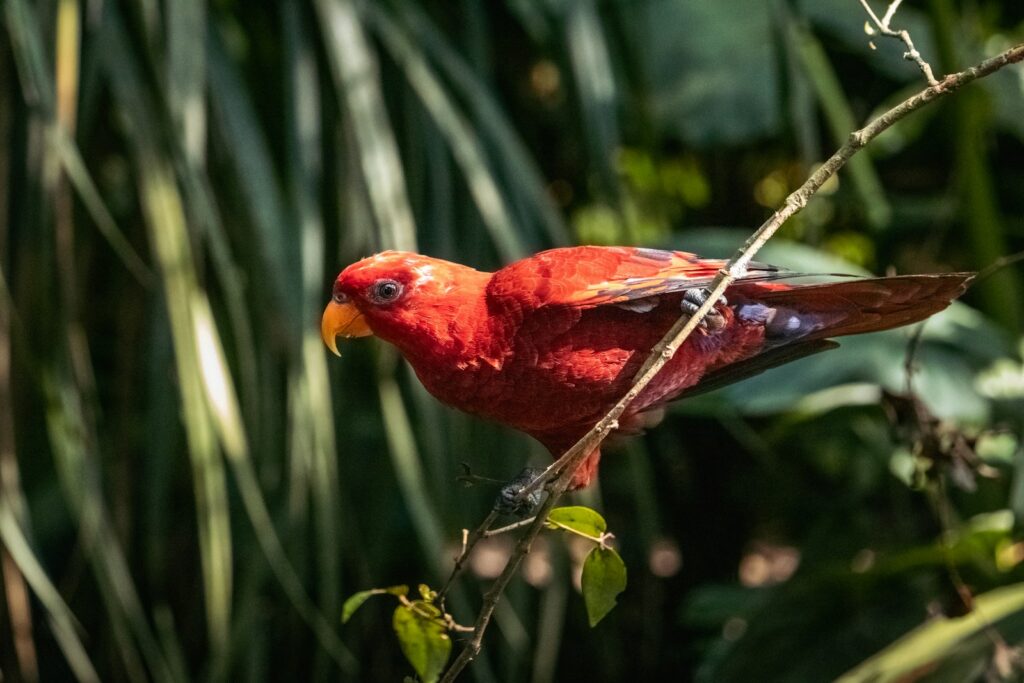
The legal landscape surrounding exotic bird ownership creates another layer of complexity for beginners to navigate, with regulations varying dramatically between countries, states, and even municipalities. In the United States, the Wild Bird Conservation Act restricts importation of many species, while the Convention on International Trade in Endangered Species (CITES) governs international movement of protected birds. Some states require permits for certain species, particularly those considered potentially invasive if released, while others prohibit ownership of specific birds entirely. Local ordinances may further restrict ownership based on noise concerns or zoning regulations. Additionally, documentation proving legal acquisition is essential for many species, particularly those listed on CITES appendices. Beginners must thoroughly research applicable laws before acquisition, as penalties for illegal possession can include substantial fines and confiscation of the animal. This regulatory complexity presents yet another barrier to successful exotic bird ownership for those new to avian husbandry.
Finding Qualified Veterinary Care
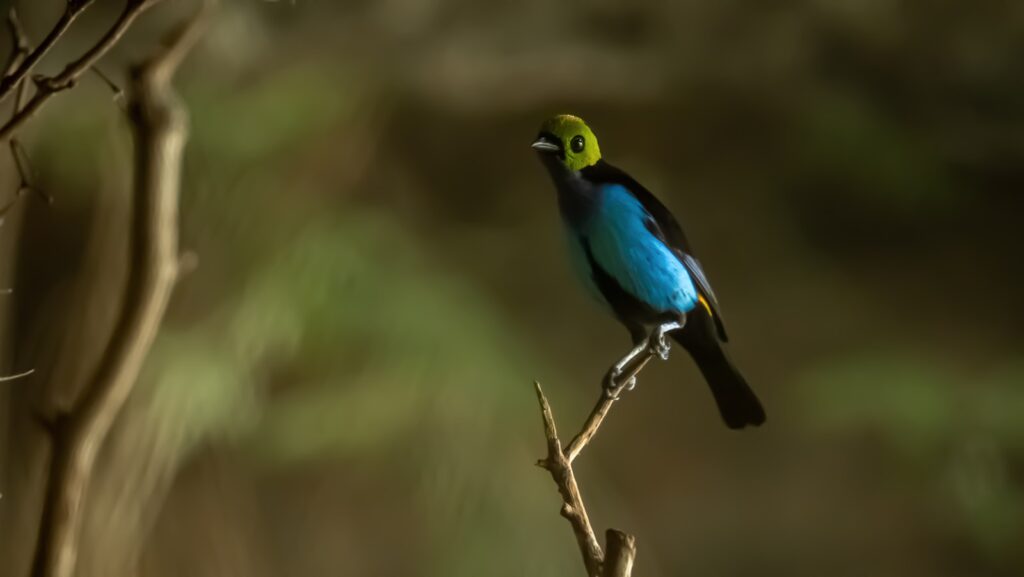
Access to qualified avian veterinary care represents a critical consideration that many beginners overlook until faced with a medical emergency. Unlike dogs and cats, birds require specialized veterinary expertise, with board-certified avian veterinarians being relatively rare and often concentrated in larger metropolitan areas. General practice veterinarians typically have minimal training in avian medicine, potentially missing subtle signs of illness or administering inappropriate treatments. Birds naturally hide symptoms of illness as a survival mechanism, meaning by the time obvious symptoms appear, conditions are often advanced and require immediate expert intervention. Prospective owners should locate qualified avian veterinarians before acquisition and confirm availability for both routine care and emergencies. Those living in rural or underserved areas may need to plan for significant travel to access appropriate care, sometimes requiring journeys of several hours during medical emergencies – a stressful situation that can prove fatal for critically ill birds.
More Appropriate Starter Species
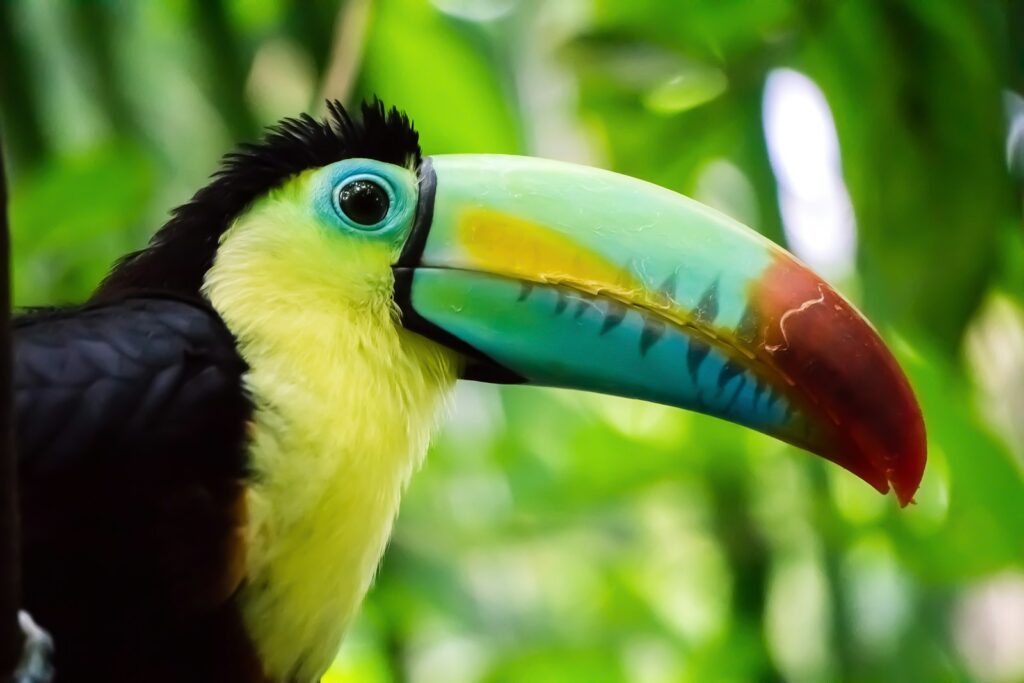
For those determined to enter the world of bird ownership, several species offer more manageable entry points than the larger, more demanding exotic birds. Budgerigars (budgies) and cockatiels represent excellent starter species, combining reasonable lifespans (10-20 years) with more moderate space requirements and noise levels. These smaller parrots still offer interaction and potential for vocalization or speech, while requiring less intensive care regimens. Finches and canaries provide beautiful colors and songs with minimal handling requirements, making them suitable for those who appreciate birds visually rather than seeking interactive companions. Medium-sized birds like Green-cheeked conures and Pionus parrots offer a middle ground, providing interactive personalities with somewhat more manageable noise levels and space requirements than larger species. Beginning with these more appropriate starter species allows new owners to develop avian husbandry skills, establish relationships with avian veterinarians, and determine whether the daily realities of bird keeping align with their lifestyle before potentially progressing to more demanding exotic species.
Ethical Considerations of Exotic Bird Keeping
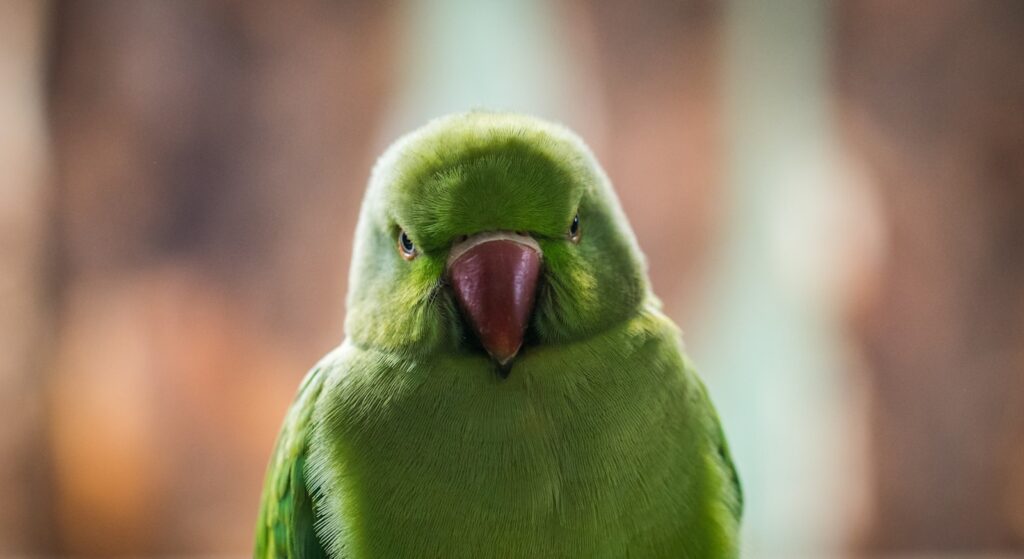
Ethical considerations surrounding exotic bird ownership have evolved significantly in recent decades, with growing awareness of conservation implications and welfare concerns. Many parrot species face threats in their native habitats due to deforestation and capture for the pet trade, raising questions about the ethics of keeping them as companions. While most birds in today’s pet trade are captive-bred rather than wild-caught, the demand for exotic species continues to drive both legal and illegal international bird trade. Additionally, the high surrender rates of larger parrots (with some rescue organizations reporting waiting lists exceeding two years for relinquished birds) raise concerns about the sustainability of exotic bird keeping as a hobby. Potential owners must honestly assess whether their desire for an exotic companion can be justified against the bird’s potential for suffering if needs cannot be fully met in captivity. These ethical dimensions add further complexity to the decision-making process for conscientious beginners considering exotic bird ownership.
Conclusion: Are Exotic Birds Right for Beginners?
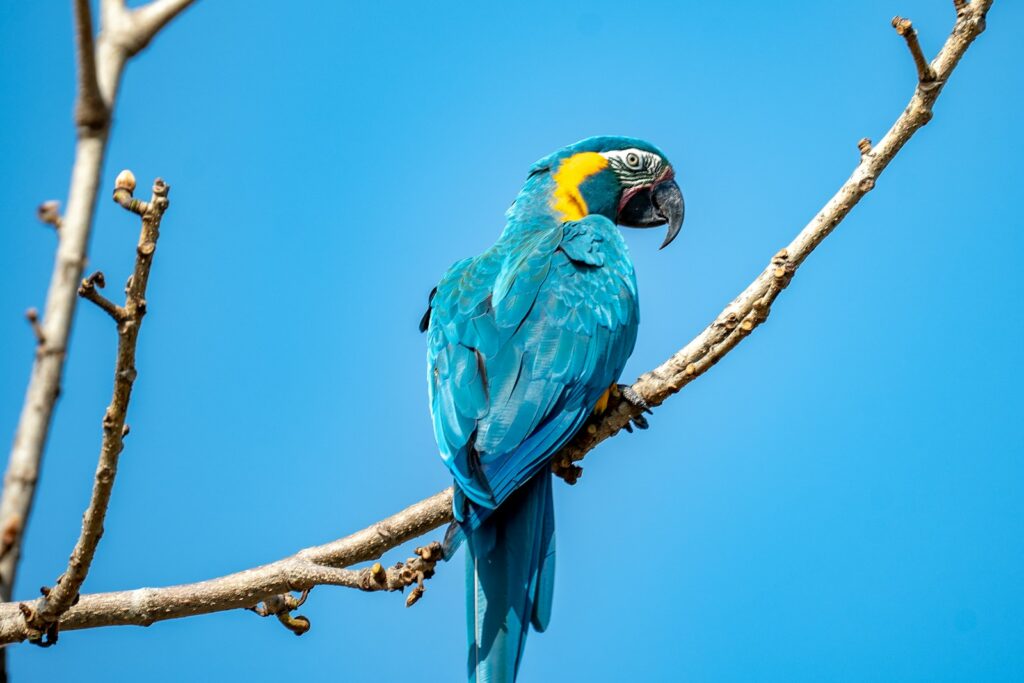
After considering the multifaceted challenges of exotic bird ownership – from decades-long lifespans and substantial financial commitments to complex psychological needs and specialized care requirements – the evidence strongly suggests that most exotic species are not appropriate pets for beginners. The learning curve for proper exotic bird husbandry is steep, with mistakes potentially resulting in serious behavioral problems, health issues, or psychological distress for these sensitive, intelligent creatures. Those genuinely interested in avian companionship would be better served beginning with more forgiving starter species, volunteering with bird rescue organizations to gain hands-on experience, or spending significant time researching and interacting with various species before making commitments. Responsible ownership of exotic birds requires extensive preparation, realistic expectations, and lifestyle compatibility that few beginners can immediately provide. For those with the dedication to develop these skills gradually, exotic bird companionship can eventually offer profound rewards – but patience in building appropriate experience represents the most ethical path toward successful exotic bird stewardship.
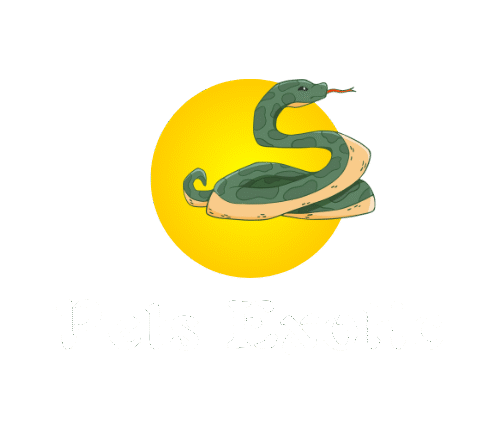
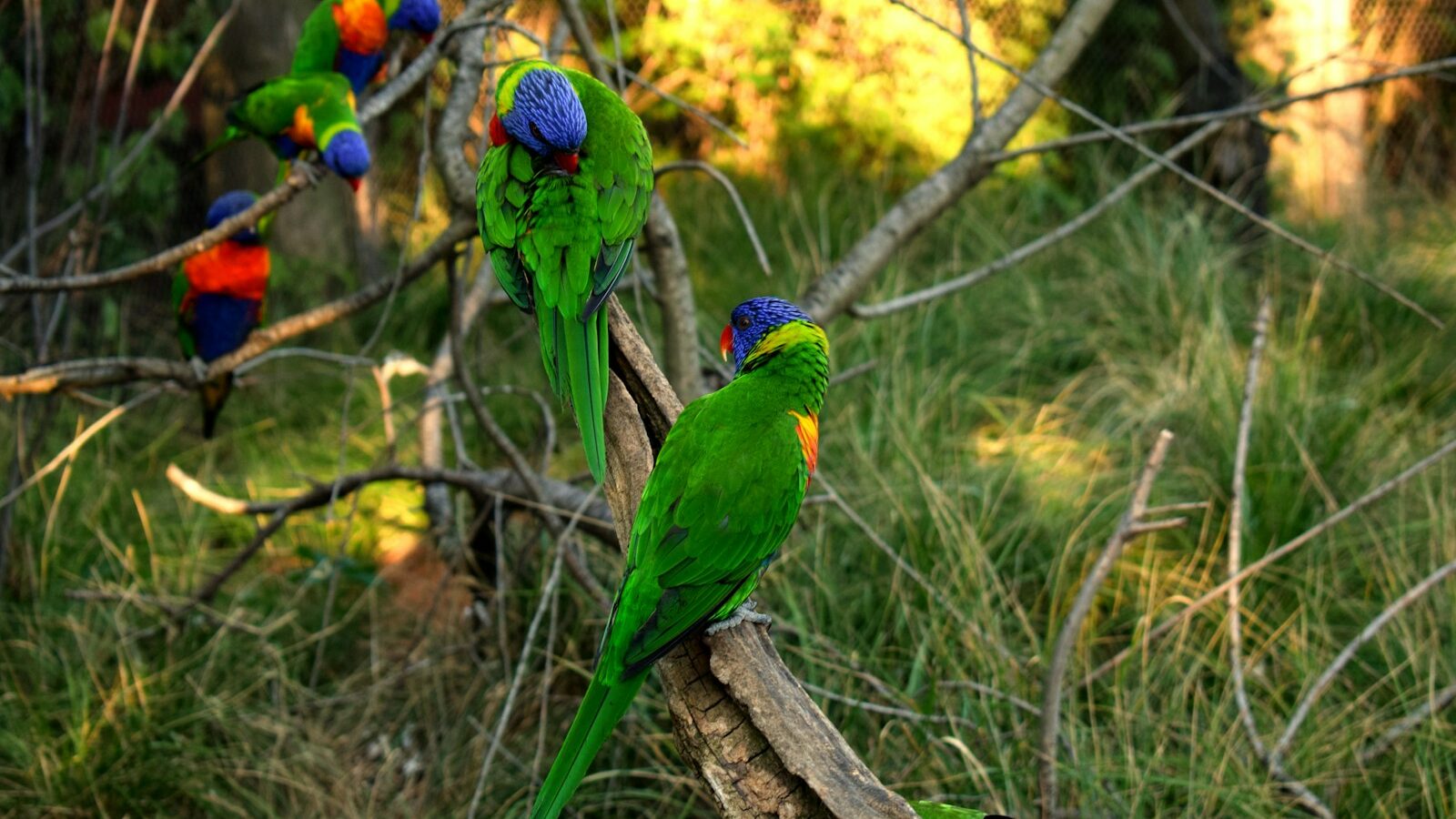
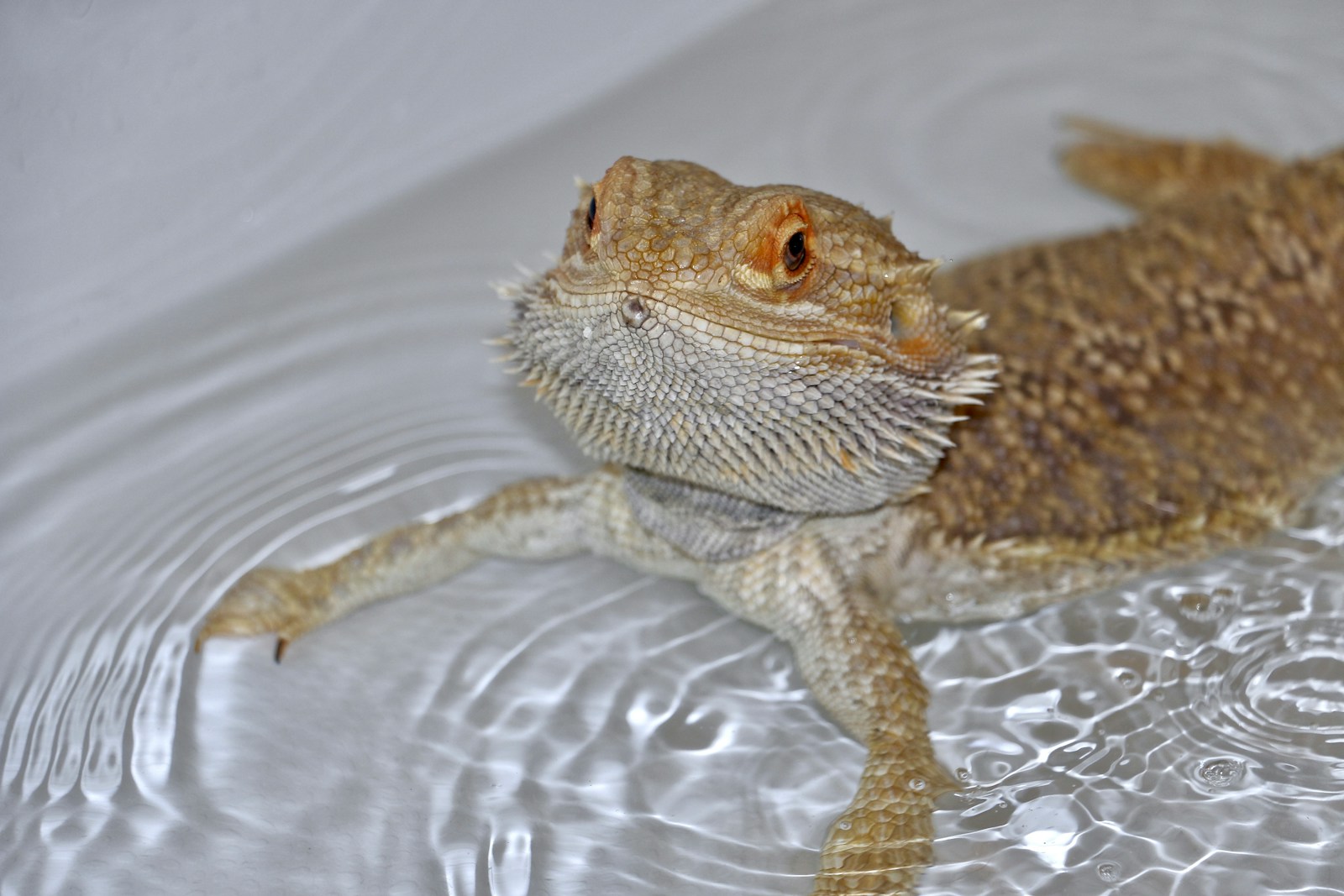
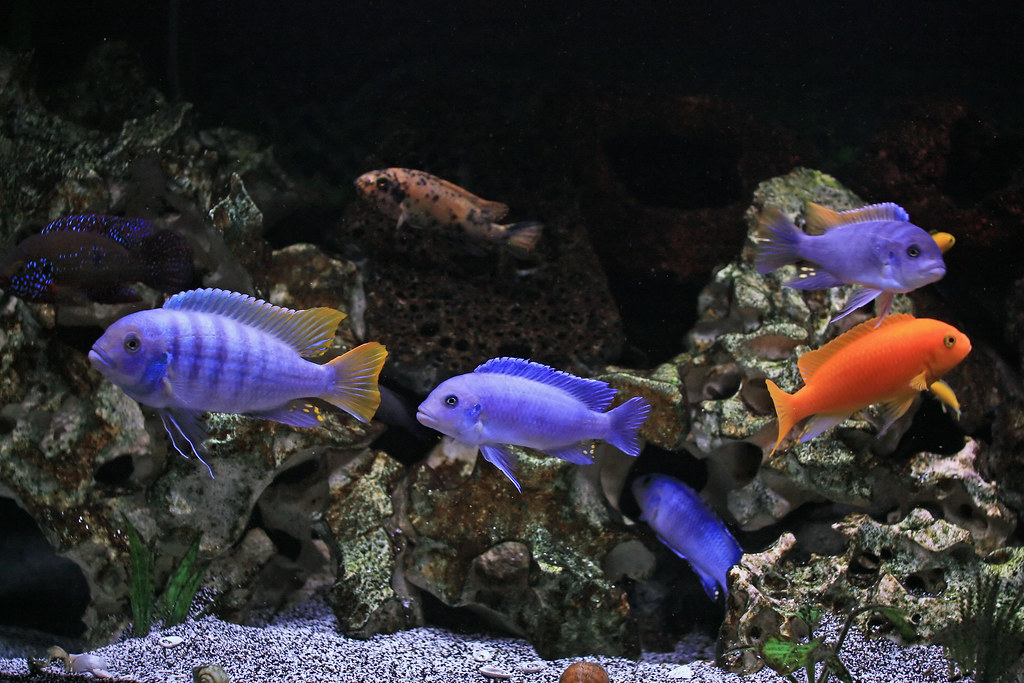
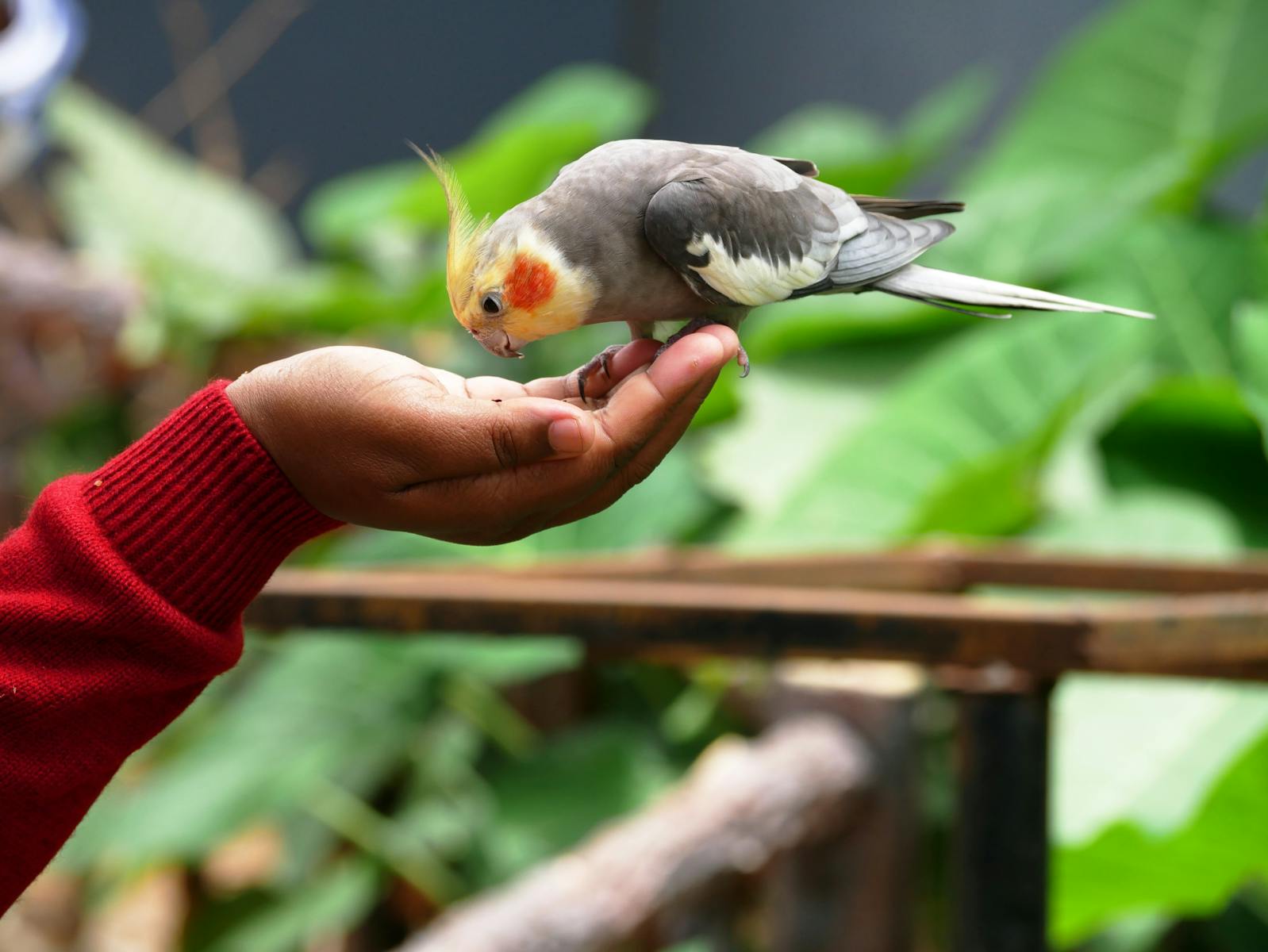
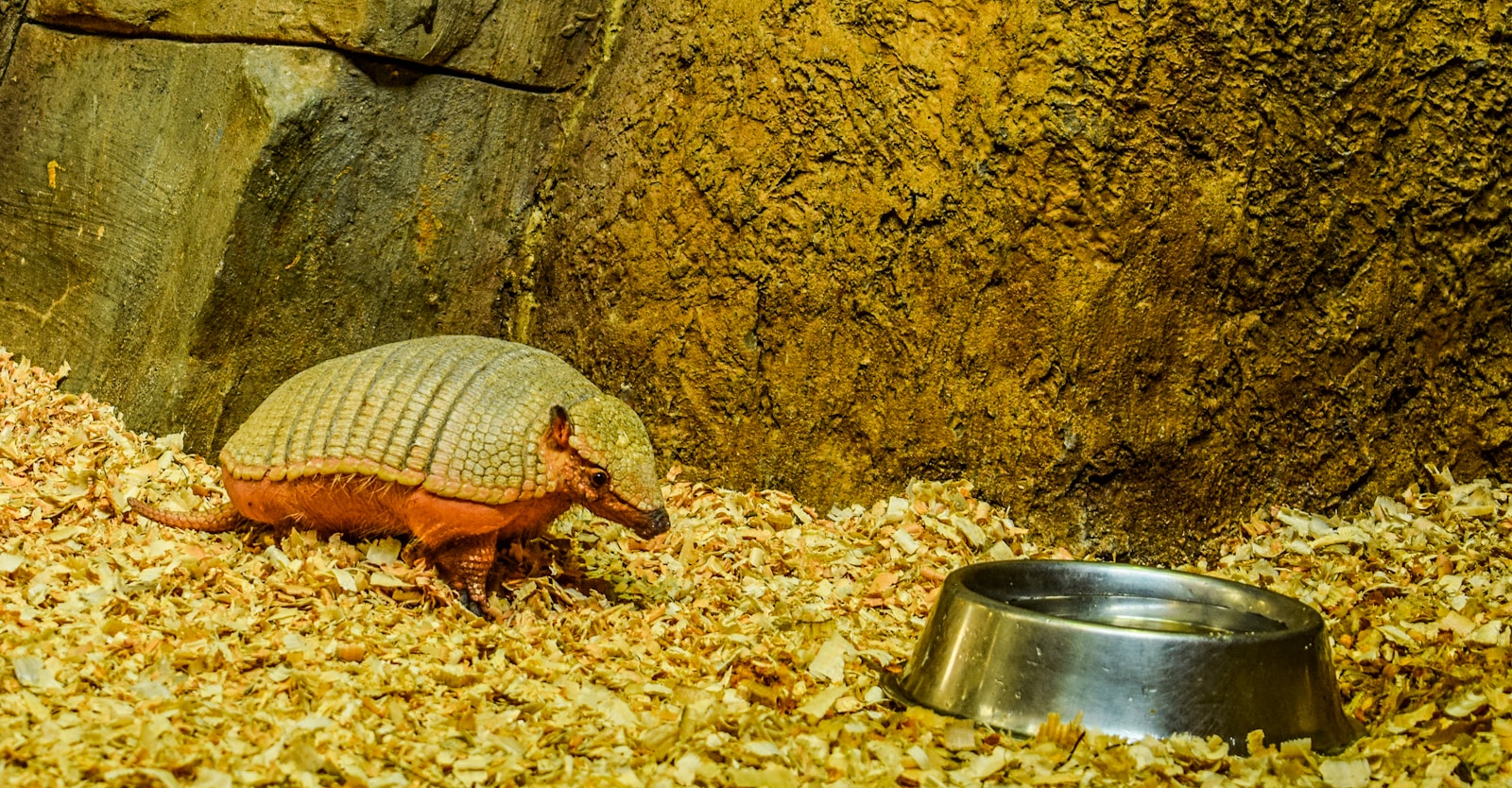
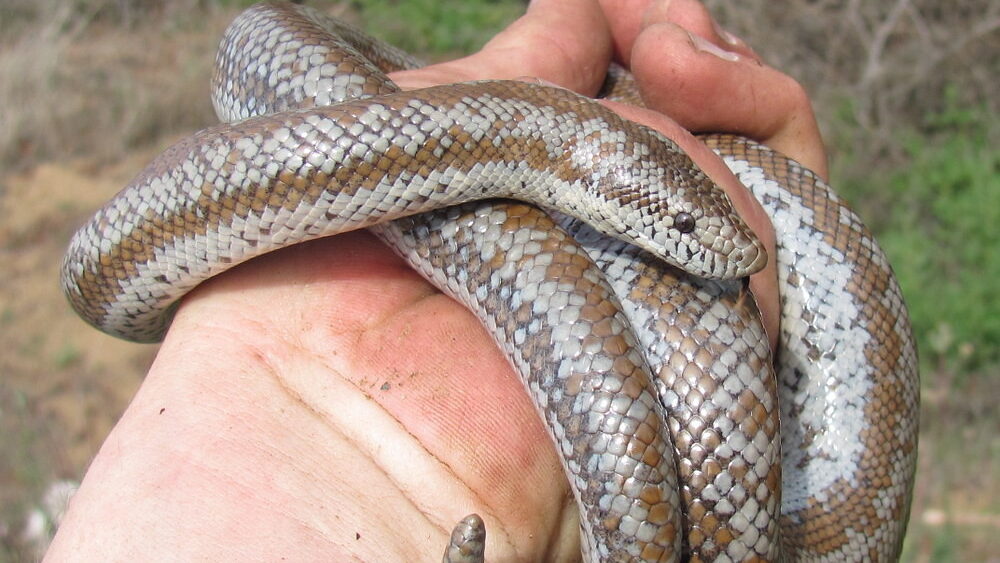
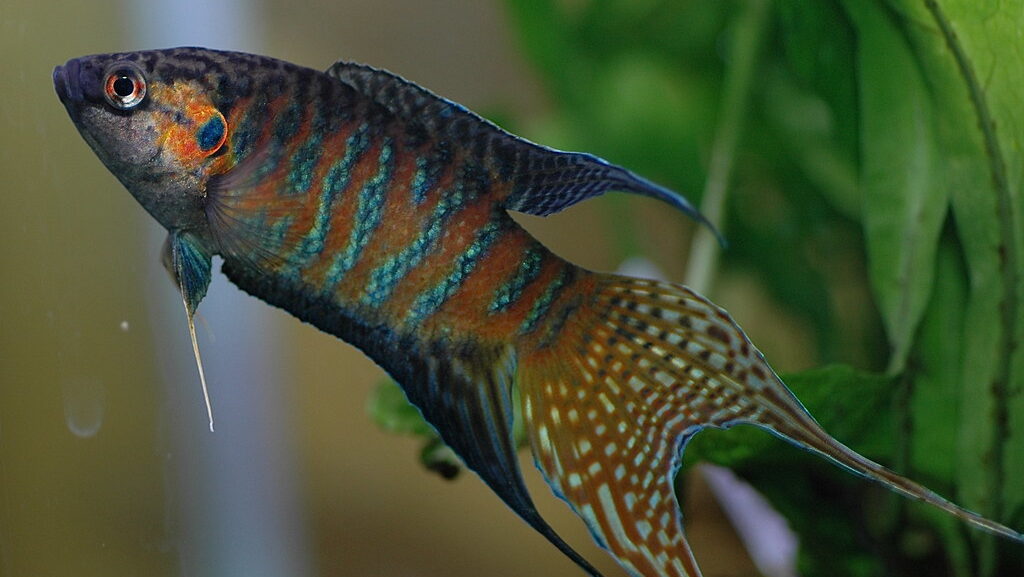

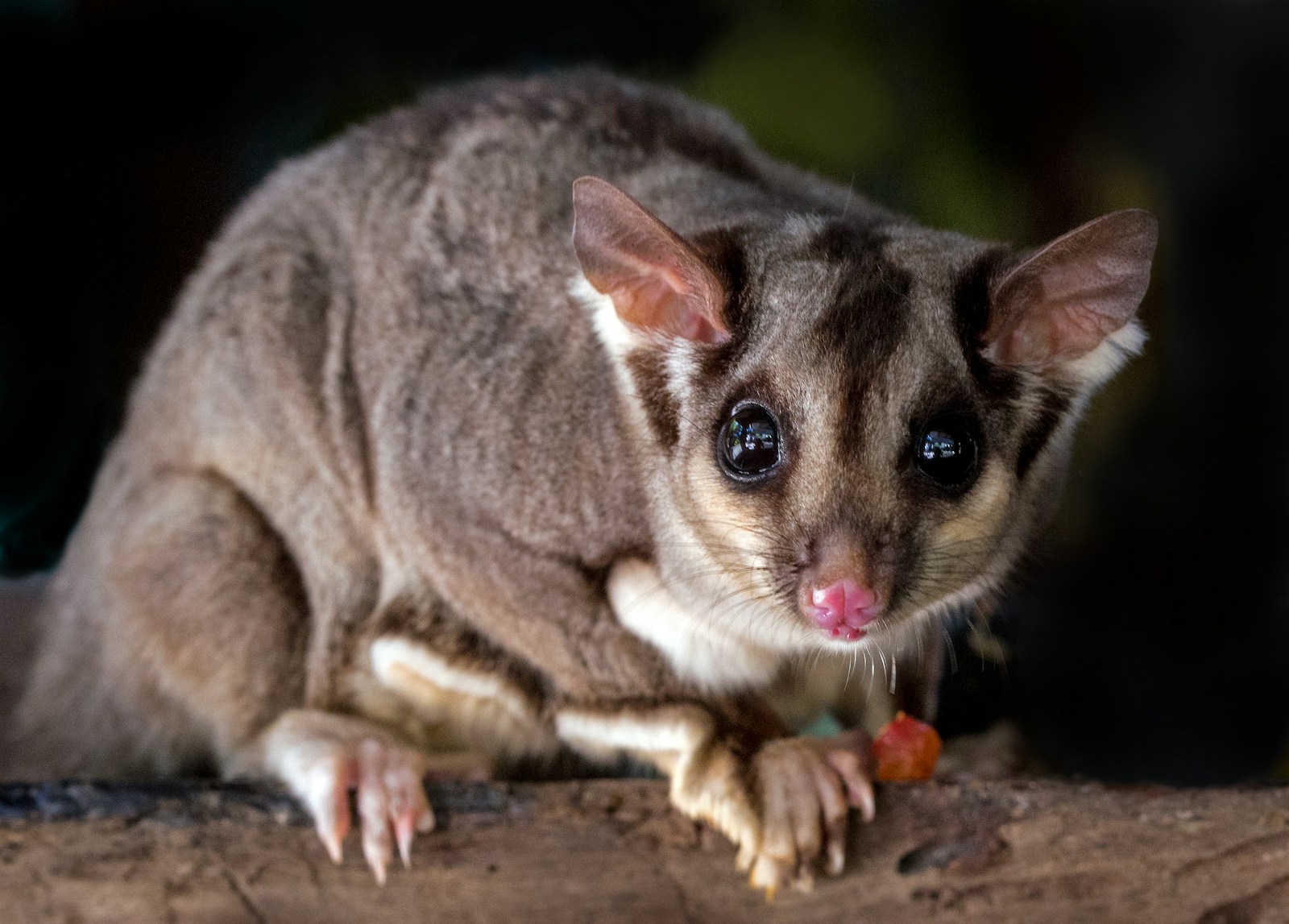
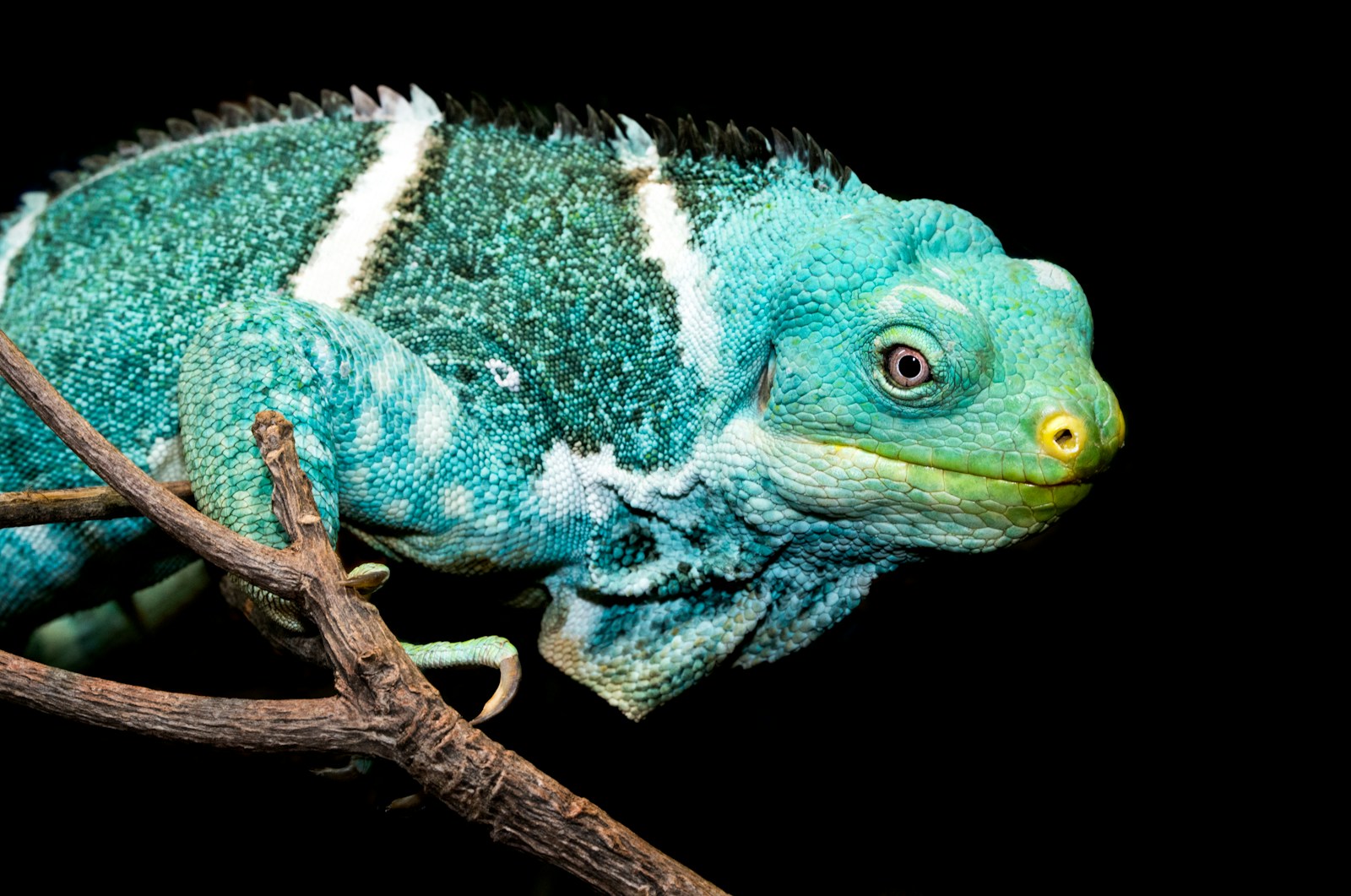
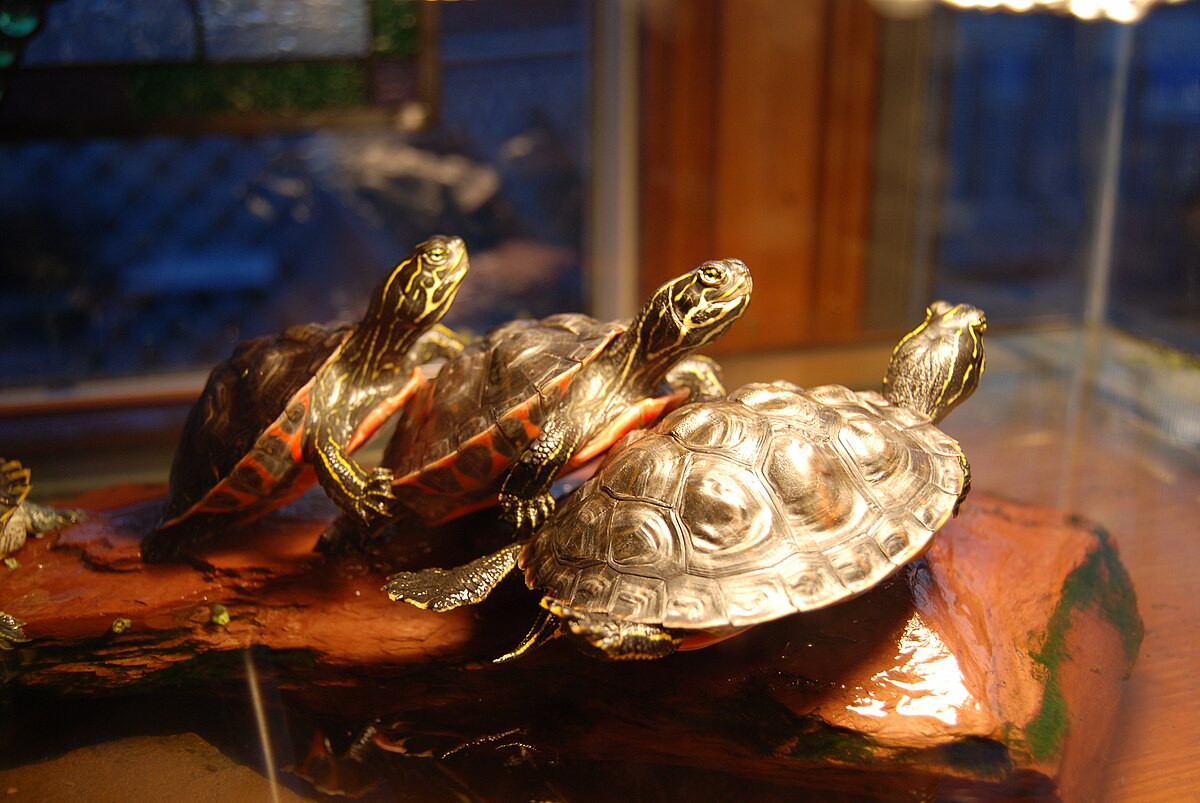
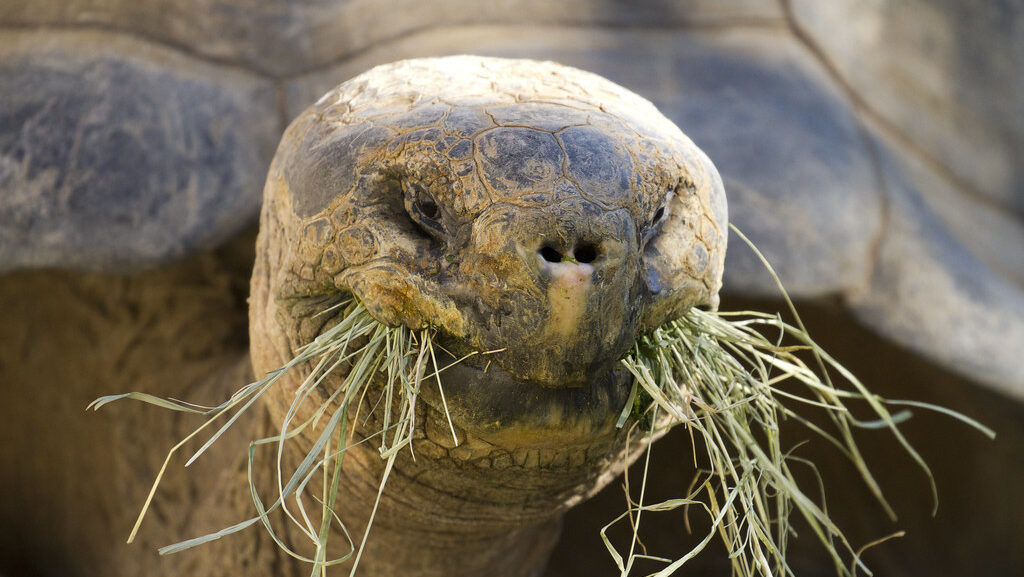
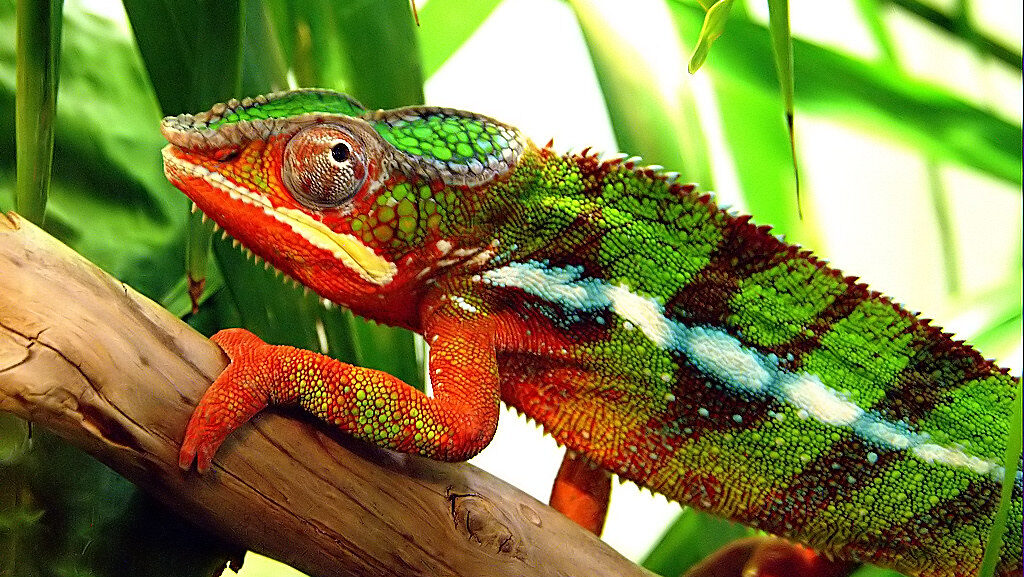
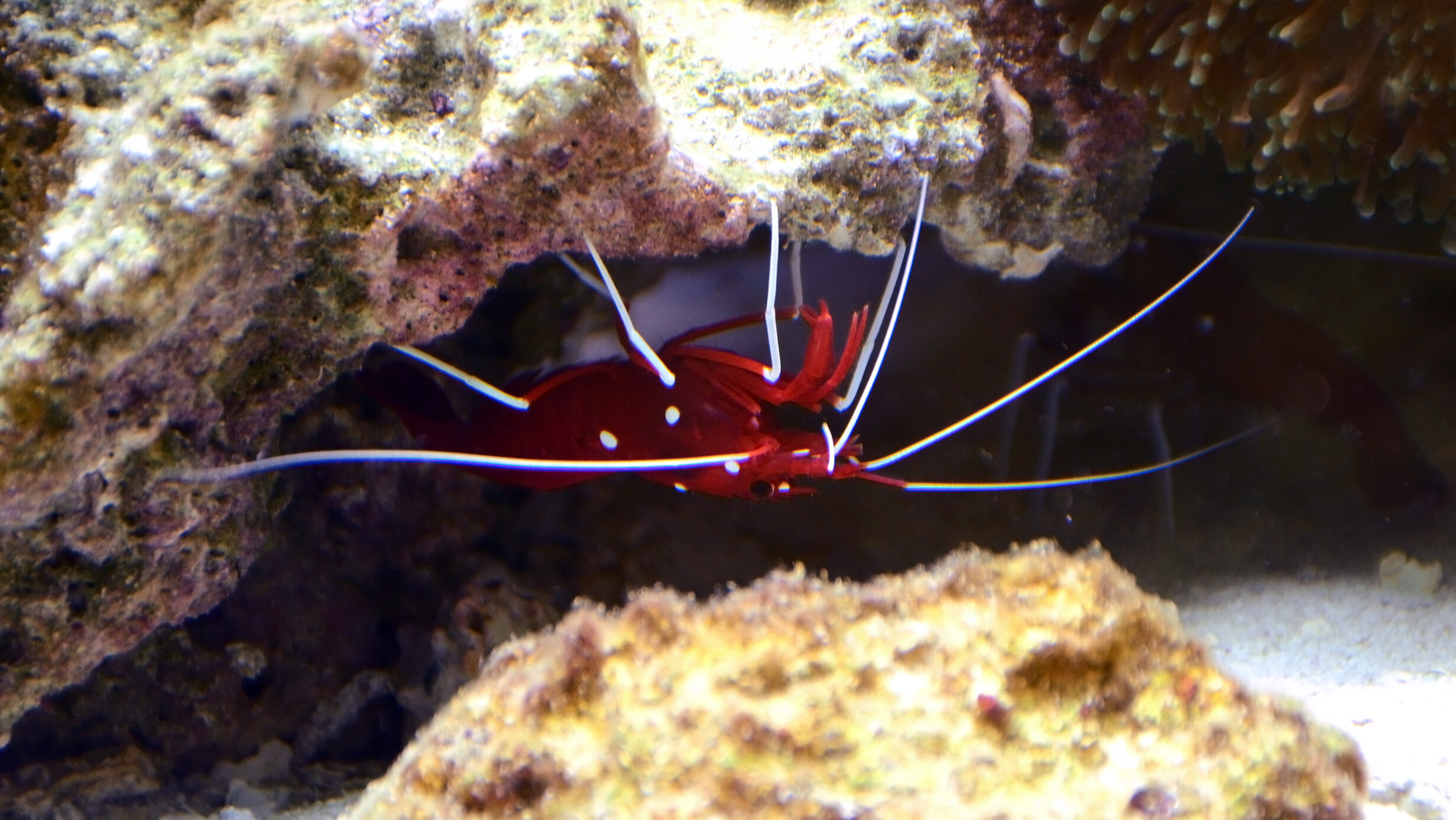
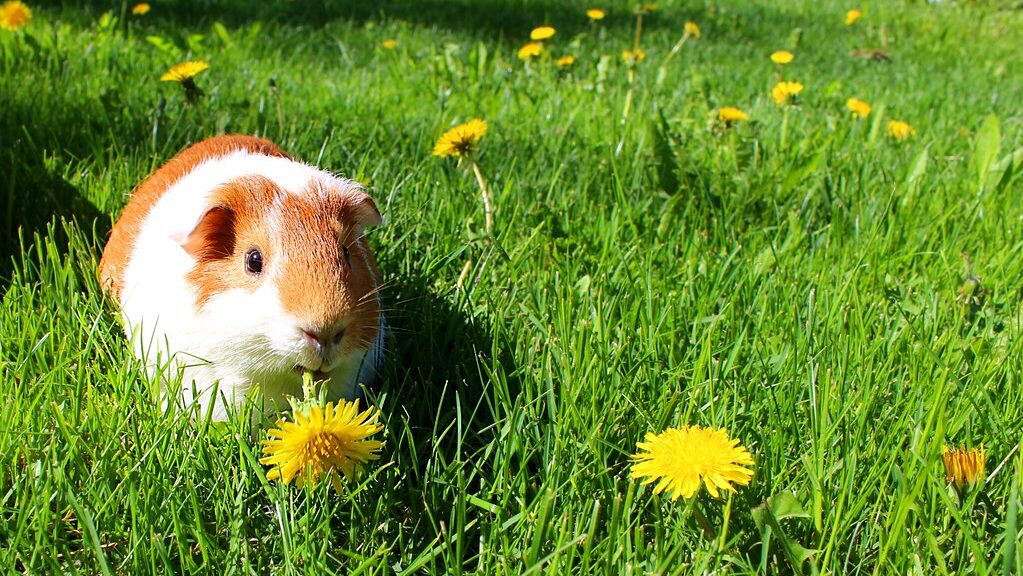
Leave a Reply